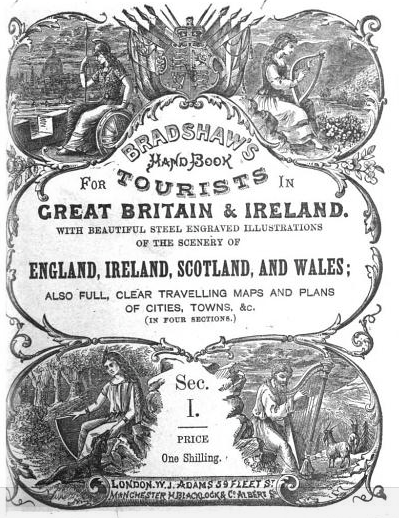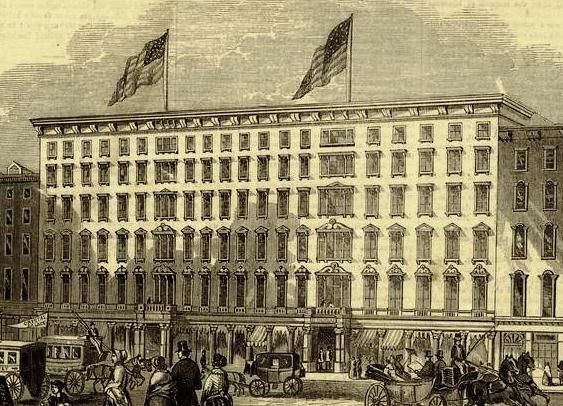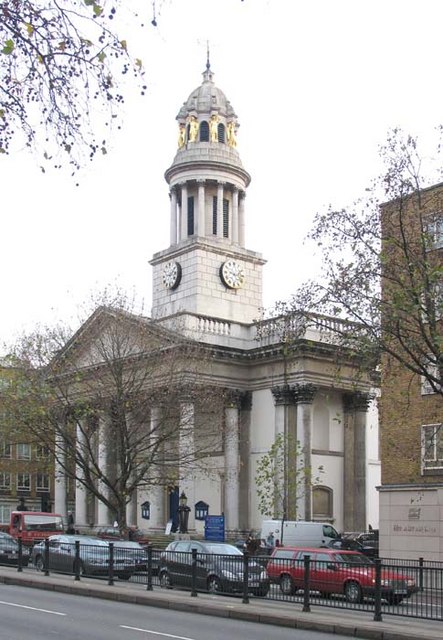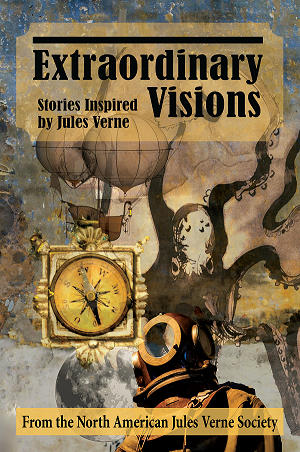This, fellow voyagers, marks the 80th day of Phileas Fogg’s journey around the world, 150 years after the fictional tale. Will Detective Fix finally arrest the bank robber he’s been chasing the whole way around? Will Princess Aouda go on to live with her cousin in Holland? Will Fogg return to the Reform Club in time to win his wager?

In New York, Fogg had missed the departure of the China, and found—from consulting his ‘Bradshaw’—that no other steamer would reach London in time. They stayed overnight at the St. Nicholas Hotel (perhaps a reference to the upcoming Christmas holiday?) on Broadway. In the morning, Fogg found the ship Henrietta about to leave, bound for Bordeaux. The captain never took passengers, but changed his mind when Fogg offered 2000 pounds apiece for the four of them.
Fogg ended up paying off the crew to perform a mutiny and they confined Captain Speedy to his quarters, while Fogg ordered a course change toward Liverpool. When the coal gave out, Fogg purchased the ship from Speedy and ordered everything above the waterline burned. On December 21 at 1:00 am, the Henrietta arrived in Queenstown, Ireland. The four travelers took a train to Dublin and a steamer to Liverpool, arriving at 11:40 am. There, Detective Fix arrested Fogg.
Imprisoned in the Custom House, Fogg waited, without apparent emotion. At 2:33 pm, Fix freed him, saying police had arrested the real bank robber three days earlier. Fogg knocked the detective to the floor. He, Aouda, and Passepartout took a train to London, but arrived at 8:50pm, 5 minutes too late to win his wager. Back in his London flat, he had discussions with Aouda the next day, and she proposed marriage to him. If her proposal seems rather sudden, remember that this novel followed the adventure format, not the romance formula.
Fogg accepted and sent a delighted Passepartout to make arrangements with Reverend Samuel Wilson at Marylebone Parish for a wedding the next day, Monday. When Passepartout found out it was only Saturday, he dragged Fogg to a carriage and they made it to the Reform Club just in time to win his wager. By traveling east, he’d gained a day and hadn’t noticed it. He’d covered 24,544 miles in exactly 80 days.
When Verne had Fogg consult the ‘Bradshaw,’ he referred to Bradshaw’s Guide, a book of railway and steamship timetables, published from 1839 to 1961.
The St. Nicholas Hotel existed, having opened in 1853 as the first NYC building to cost over $1M. It closed in 1884 and luxury condos occupy that site on Broadway today.
The port of Queenstown in Ireland changed its name to Cobh in 1920.
Marylebone Parish existed. An Anglican church, it stands about 1.2 miles NNW of Fogg’s mansion at 7 Saville Row. Fogg asked Passepartout to contact the Reverend Samuel Wilson, but I found no record of that name in connection with that church. Charles Eyre served as its rector from 1857 to 1882.
Fogg’s group required 8 days to travel from New York to London, but today you can fly that route in about 7 hours. Throughout this blogtour, I’ve contrasted Fogg’s trip with modern-day flying times. For the entire circumnavigation, those flight times total 102 hours. If we assume an average layover time of 1.5 hours for each of the 16 stops, the total time is 126 hours, or a bit over 5 days. Of course, if you’re interested in the shortest possible time without mimicking Fogg’s route, that’s a bit over 44 hours, accomplished on commercial flights (including the Concorde) by David Springbett in 1980.
This post completes our blogtour, but need not end your enjoyment of Verne. I recommend almost all of his novels. If you prefer a more modern style, I recommend Extraordinary Visions: Stories Inspired by Jules Verne. Just published, it’s the first anthology of fiction ever produced by the North American Jules Verne Society. I also recommend you join that group if you’d like to know more about Verne.
In the end, Phileas Fogg spent about as much money as he won. He’d seen nothing of the world he’d just circumnavigated except the insides of steamships and railway cars, where he’d played countless games of whist. However, he’d won the love of a charming spouse, and Verne asks us to ponder whether we, too, would circle the globe for even less a prize than that. Is love, after all, the greatest adventure?
Thank you for traveling Around the World in Eighty Days with—
Poseidon’s Scribe




